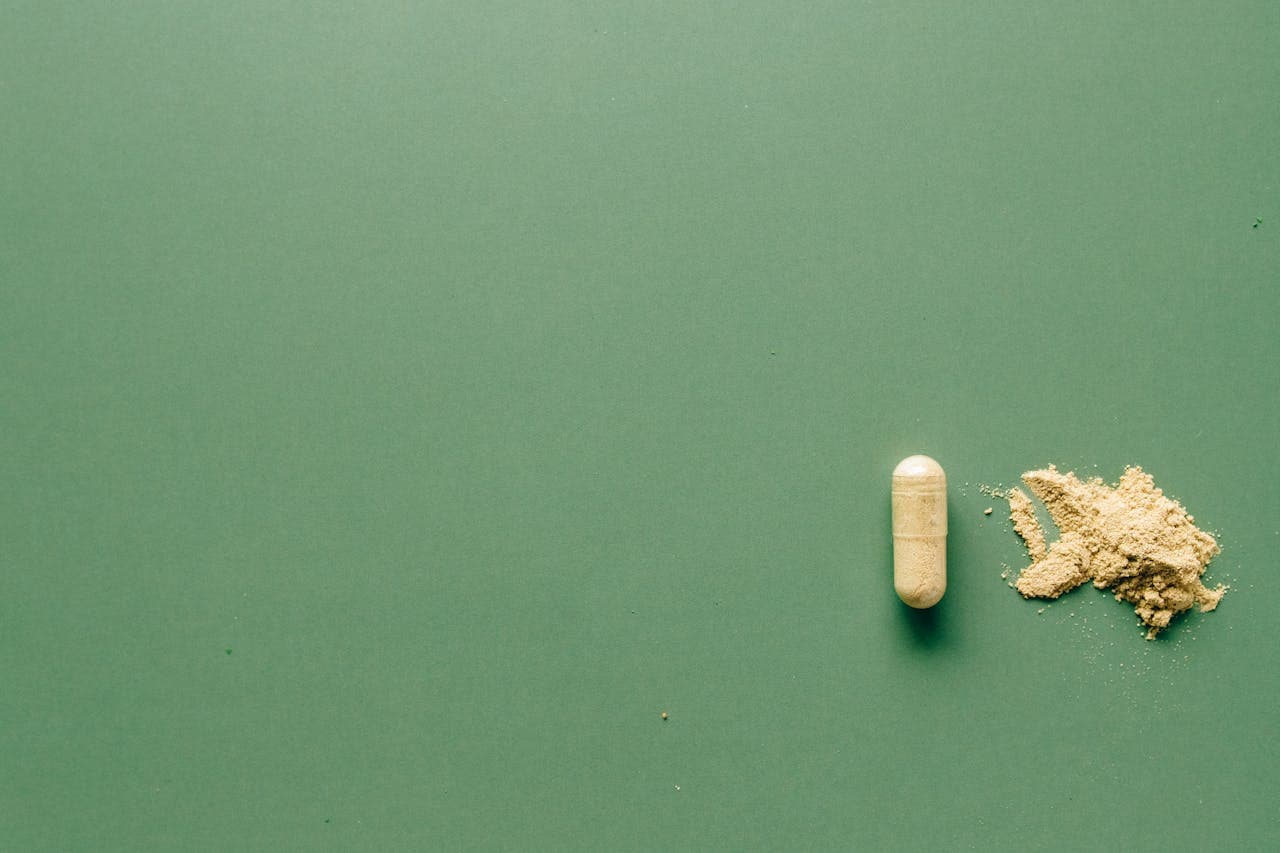Postpartum Depression is common among new mothers, yet most avoid medication because of frightening myths about SSRIs. If you’re exhausted, overwhelmed, and hesitating to seek help, you’re not alone.
Misinformation fuels unnecessary fear and keeps parents from life-changing treatment.
Let’s clear up the confusion. Let’s tackle 7 common PPD medication myths using science and compassion. You’ll learn why SSRIs are tools to help you thrive.
Understanding PPD and SSRIs
Postpartum depression (PPD) is a real medical condition caused by shifts in hormones, sleep deprivation, and stress. When your brain chemistry is imbalanced, everyday joy can feel out of reach.
That’s where SSRIs (selective serotonin reuptake inhibitors) can help.
What Are SSRIs?
Just as glasses correct blurry vision, SSRIs are like glasses for your brain; they adjust serotonin levels, a key brain chemical affecting mood.
Low serotonin links directly to PPD symptoms like sadness, irritability, and fatigue. By gently restoring balance, SSRIs help you feel like yourself again.
Why do Myths Spread?
Fear around antidepressants often stems from stigma. Well-meaning friends might say, "Can’t you just tough it out?" Others confuse SSRIs with addictive tranquilizers.
Social media horror stories add fuel to the fire. However, research shows SSRIs are among the safest and most effective PPD treatments available.
Remember: Taking SSRIs for PPD is like taking insulin for diabetes. It’s targeted care for a biological condition.
Debunking 7 PPD Medication Myths
Time to silence the noise. Myths about SSRIs thrive in fear and silence. They keep parents stuck in suffering. We’re exposing these falsehoods head-on with science-backed truths.
Let’s debunk them, one myth at a time.
Myth 1: "SSRIs Are Addictive"
It is claimed that taking SSRIs will trap you in lifelong dependency. However this claim is false and harmful because this myth conflates SSRIs with opioids or benzodiazepines.
Scared parents delay treatment, fearing addiction more than PPD itself.
Untreated depression risks chronic mental health struggles.
The Truth: SSRIs are not addictive
SSRIs are non-addictive. They don’t trigger cravings, euphoria, or dose escalation. Stopping abruptly can only cause temporary discontinuation symptoms, and doctors can simply minimize this with personalized tapering plans.
The fact is that 90% of patients stop SSRIs successfully under medical guidance. You can learn more about this from the NIH Study on SSRI Safety.
Myth 2: "You Can’t Breastfeed on SSRIs"
It is claimed that the medication will poison your breast milk, and most moms on medication quit breastfeeding, thinking of their baby’s safety, but this claim is 100% false.
The Truth: SSRIs are safe during breastfeeding
Most SSRIs are considered safe for use during breastfeeding. Only minimal (non-harmful and completely safe) medication transfers to milk.
Learn more about the truth behind this myth in our blog on Breastfeeding and Antidepressants: What New Moms Need to Know.
Myth 3: "SSRIs Change Your Personality"
It is claimed that consuming SSRIs will make you numb and emotionless. This false claim stops patients from seeking relief.
The Truth: SSRIs don’t erase personality
SRRIs only correct chemical imbalances. Most patients report feeling more like themselves and renewing their joy in parenting.
Myth 4: "Medication Means You’re Weak"
It is claimed that only handling PPD without pills will make you a strong mom, but this is wrong medications don’t make you weak.
The Truth: PPD is a biological condition
PPD is not a character flaw. Using SSRIs is like taking insulin for diabetes. It’s smart body maintenance. Seeking help takes courage.
Remember: Strength isn’t suffering in silence. It’s choosing to heal.
Myth 5: "Side Effects Are Worse Than PPD"
It is claimed that SSRIs will make you feel sicker than the actual depression; this makes patients imagine unbearable side effects and never start the treatment.
The Truth: Most side effects are Mild and short-lived
Most side effects (nausea, headaches) are mild and fade in 1–2 weeks. Severe reactions are rare. Your doctor will adjust your dosage to minimize discomfort.
The fact is that 80% of patients tolerate SSRIs well after the initial adjustment.
Myth 6: "SSRIs Work Instantly"
It is claimed that you’ll feel better after just one pill, and parents quit early when instant relief doesn’t happen.
The Truth: SSRIs need time
SSRIs need 4–6 weeks for full effect. Small improvements (better sleep, less crying) often appear first. But patience is key.
Expert Tip: Track subtle wins in a journal.
Myth 7: "You’ll Be on Meds Forever"
It is claimed that once you start SSRIs, you can’t stop. This misinformed claim leads new moms to think that medication is a life sentence.
The Truth: SSRIs don’t last a lifetime
Most PPD treatment lasts 9–12 months. Doctors taper doses gradually after symptoms stabilize. Many transition to therapy-only maintenance.
SSRIs are bridges, not anchors. They support you until you’re steady.
Taking Your Next Step with Confidence
You’ve shattered the myths. Now, let’s turn knowledge into action. These practical steps will help you advocate for your mental health with clarity.
How to Discuss SSRIs with Your Doctor
Walk into your appointment prepared. Use this script:
- "I’m experiencing [symptoms]. Could SSRIs help?"
- "What’s the safest option if I’m breastfeeding?"
- "How will we track progress and adjust dosage?"
- "What’s the timeline for tapering off later?"
Holistic Support Matters Too
SSRIs work best alongside other care:
- Therapy: CBT or support groups address emotional roots.
- Community: Connect with other parents facing PPD.
- Self-care: Prioritize sleep (even 20-minute power naps!).
Medication is one tool in your toolbox; it is not the whole workshop.
Schedule an appointment today with our PPD specialists. We blend medication management, therapy, and lifestyle coaching, all tailored to you and your needs.
Conclusion: Your Path to Healing Starts Here
Let’s recap the truth:
- SSRIs aren’t monsters. They’re science-backed tools.
- Myths thrive on fear. Facts set you free.
- Short-term medication can restore long-term joy.
You deserve to feel like yourself again.
Prioritizing your mental health helps you show up fully for your baby and yourself.
Share this post with new moms or with moms already suffering from PPD and questioning their medication; myths lose power when we spread the truth.




